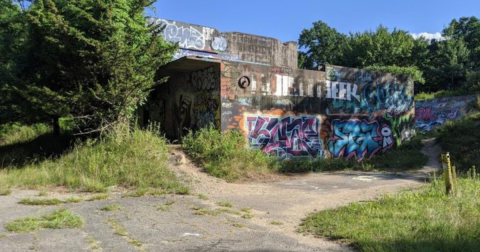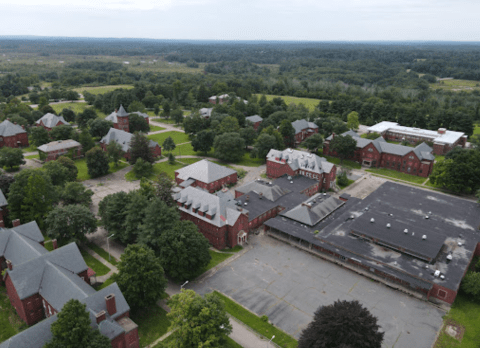13 Staggering Photos Of An Abandoned Asylum Hiding In Massachusetts
“Belchertown State School for the Feeble-Minded” (yeah, that’s what it was called) is a big, thick black mark on the history of education and medical care in our state. The story of this abandoned asylum in Massachusetts is deeply chilling. Even if you are already familiar with the tragic tale, peeking within the decaying walls will give you an entirely new perspective on the dark story.
Take a look at these chilling photos of the ruins of this horrific asylum:

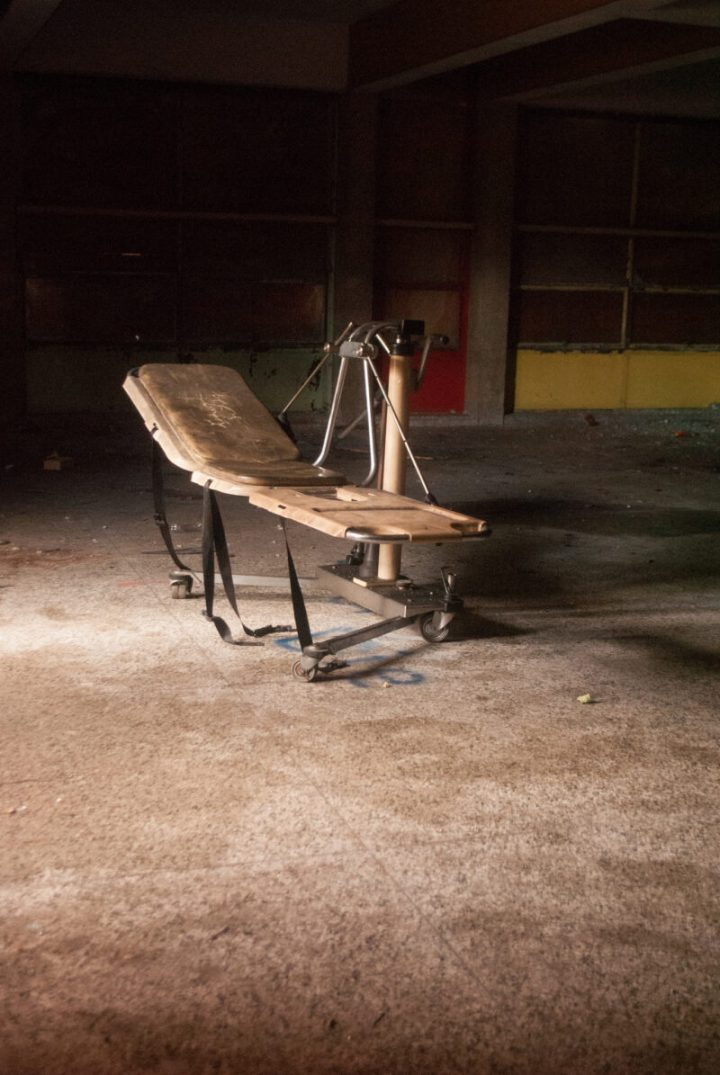
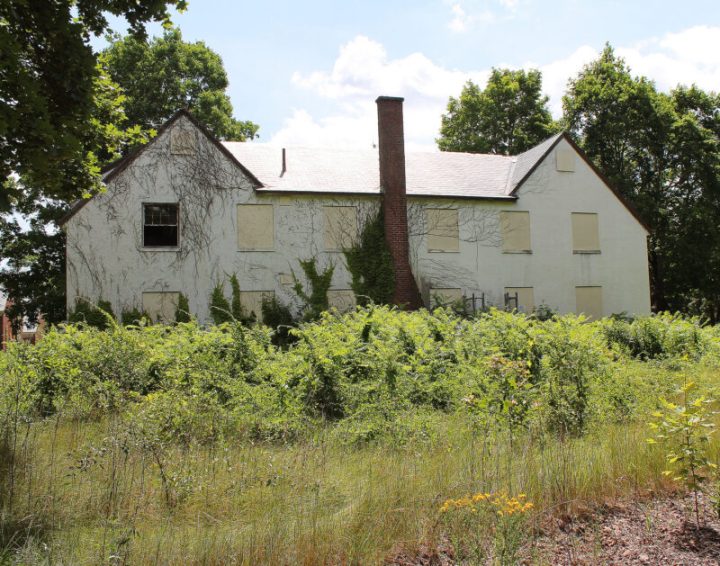








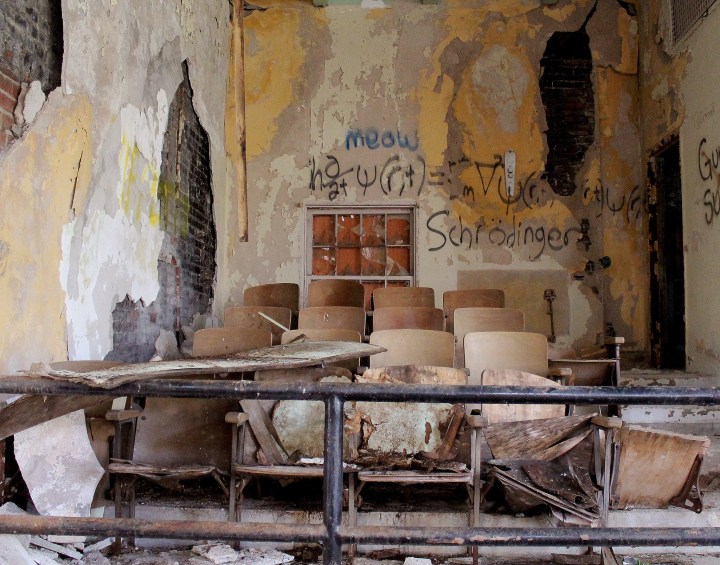
The school is located at 6 Berkshire Avenue, Belchertown. However, the property is currently off-limits to visitors, and exploring the grounds is considered illegal trespassing. Nature is now reclaiming what is left of this terrible place. If you’re interested in exploring some other abandoned places in Massachusetts, check out this road trip that will take you to decaying spots across the state!
OnlyInYourState may earn compensation through affiliate links in this article. As an Amazon Associate, we earn from qualifying purchases.
More to Explore
Abandoned Asylum in Massachusetts
Where is Belchertown State School in Massachusetts?
Originally called the "Belchertown State School for the Feeble-Minded" (which is terrible now, but keep in mind that it was absolutely built in a different time when different standards of what was socially acceptable existed), it was established in Belchertown, Massachusetts, in 1922. Although the building still stands today, it stands entirely abandoned, rotting away as time chips at it. It's located at 6 Berkshire Avenue, Belchertown, Massachusetts, 01007.
What are some abandoned places in Massachusetts?
Other than the abandoned asylum in Massachusetts, other interesting abandoned places include the Clinton Railroad Tunnel in Clinton, which was built in the place of a large burial site in the 1800s and just might be haunted as a result, Fort Revere in Hull, Massachusetts, which was in use during the Revolutionary War but stands derelict now, and the empty-but-awesome Dogtown in Gloucester, Massachusetts, which might just be our favorite ghost town. For more creepy Massachusetts goodness, consider taking this road trip.
What are the best creepy places in Massachusetts?
Well, "the best" is definitely objective, but we've got some favorites for sure. Luckily for us, Massachusetts is insanely rich when it comes to history, and it's got the ghost stories to match. Perhaps the most famous creepy place in Massachusetts is Salem, where the infamous Salem Witch Trials occurred in the 1690s. The entire town is thought to be haunted, but among the most haunted places, there are the Salem State College, the Salem Jail, and, of course, the Salem Hospital. Another top pick for a best creepy place in Massachusetts probably goes to Fall River, and the bed and breakfast which was once the scene of the grisly "Lizzie Borden" axe murders in 1892. She was acquitted, and nobody really knows who actually killed her parents, but we're sure the ghosts here probably do.


